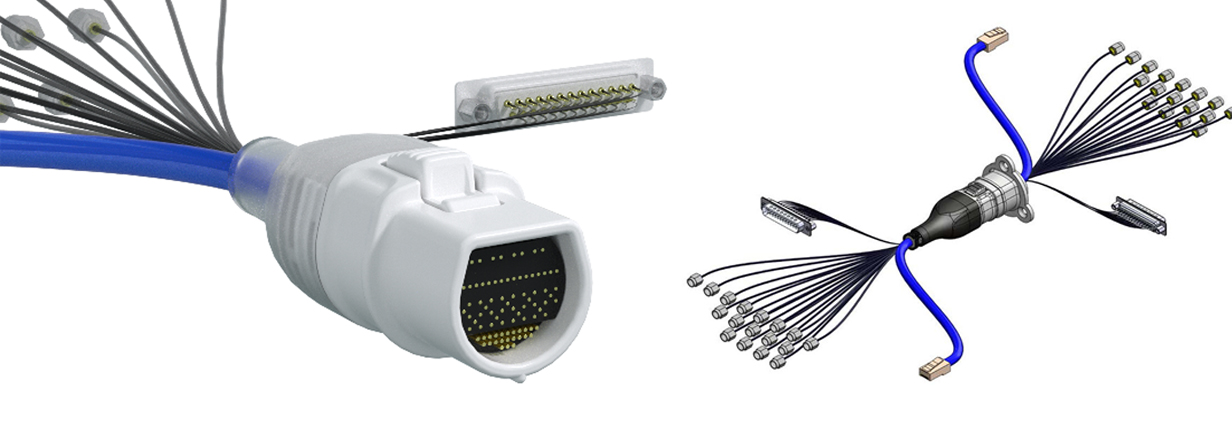Smiths Interconnect announced today the introduction of a new contact technology for the medical market segment, the Custom Grid Array. The new Custom Grid Array technology offers a contact layout using spring probe and target contacts to deliver the same RF performance as cabled coaxial solutions, with improved signal integrity.
Interconnect solutions for medical applications must provide high performance and ensure the highest level of safety. At the same time, there is a pressing market need to make them even smaller, more robust, and more cost-effective. Coaxial RF contacts can be large, delicate, and expensive. Replacing them with a Grid Array can reduce the overall size, weight, and cost of the connector.
Smiths Interconnect's new Custom Grid Array technology provides equivalent performance to traditional coaxial constructions by customizing the contact arrangement to the specific application needs of medical customers, particularly MRI manufacturers. Although the form and factor may differ, the underlining technology is common.
Furthermore, by replacing pin and socket contacts with spring probes, cleaning of the cable connector becomes faster and easier, as flat target contacts are simpler to clean than coaxial sockets; this translates into improved throughput of an MRI suite.
“The Custom Grid Array technology adds an important design option to our offering for the medical customers”, said Mark Kelleher, Vice President and General Manager of the Connector Business Unit at Smiths Interconnect. “The use of a spring probe based Pin Grid Array allows the designer to customize the number of ground pins used to optimize connector performance for specific frequencies and coil designs saving size, weight, and cost while maintaining the performance of a coaxial channel where needed”, he added.
The Custom Grid Array layout offers multiple configurations that can be used for different purposes and provide significant advantages:
- 50% smaller footprint than cabled coaxial solutions
- 30% cost reduction due to reduced materials and lower contact cost
- Low cost of ownership due to high number of mating cycles (up to 100,000)
- Low contact resistance ≤ 50m Ω
- RF performance from DC to 300MHz


